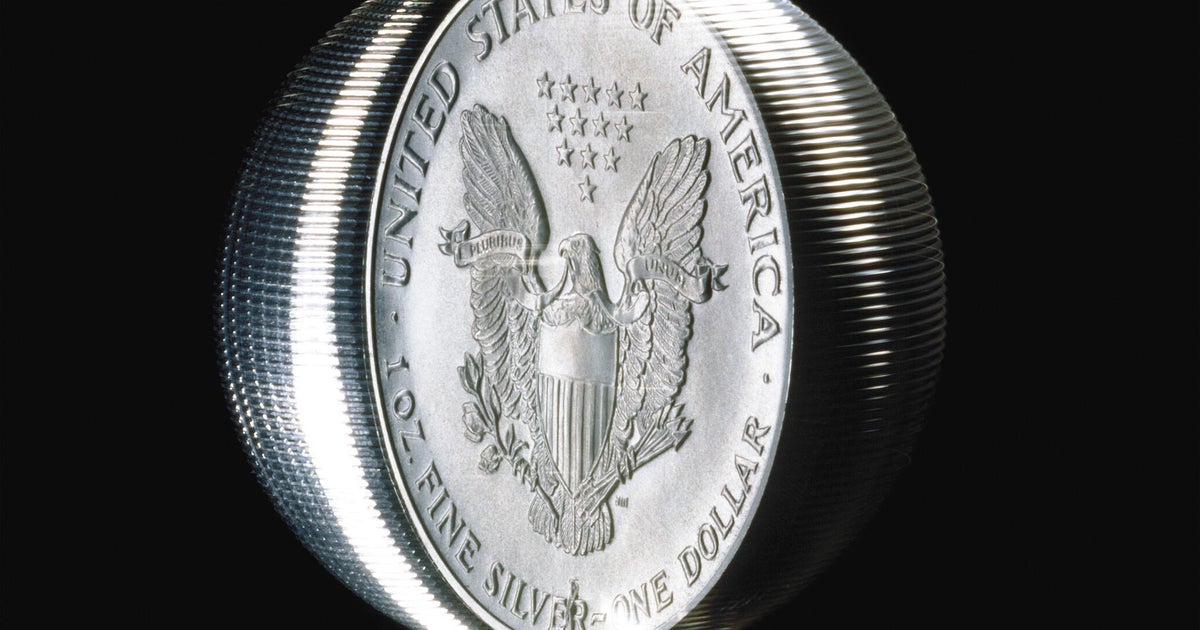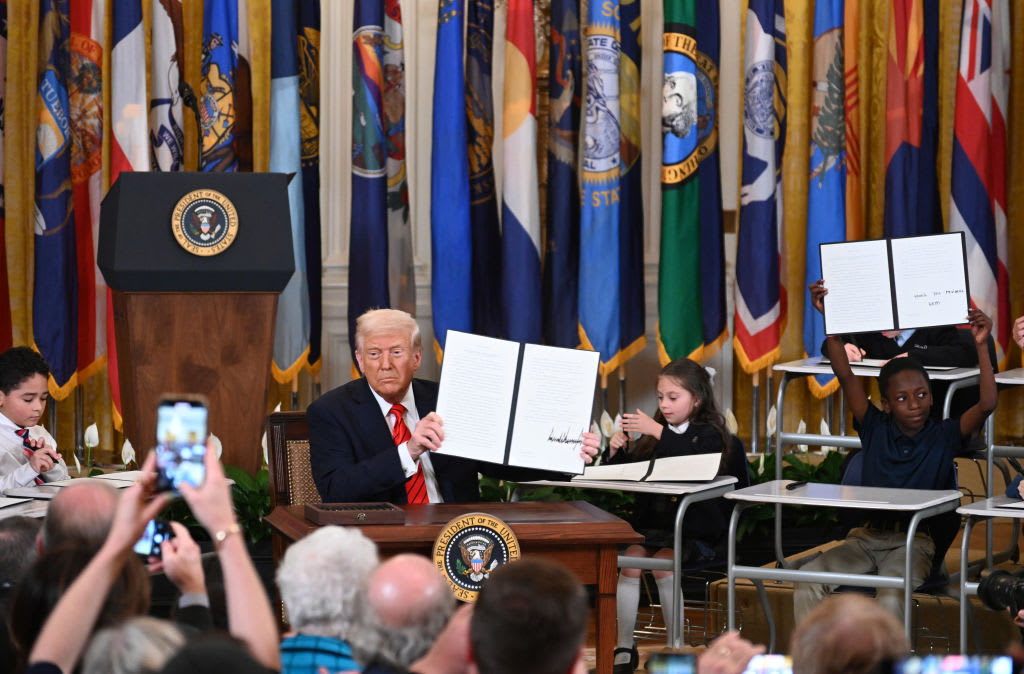3 reasons to get a private student loan
More than 43 million Americans have student loans. A majority of those loans – about 93% of an estimated $1.7 trillion in total U.S. student loan debt – are federal, according to a 2021 report from MeasureOne. While it may be more common for students to take out federal student loans, private loans are still a good option. For some, they may even be the only option.
While there are very specific federal student loans available from the U.S. Department of Education, private student loans aren't as straightforward. Private student loans are offered by a variety of financial institutions such as banks, credit unions or other agencies. And each may have different requirements, rates, and fees.
There are several factors to consider, starting with the kind of interest rates each lender offers (private student loans can have fixed or variable rates). See what rates you can get today!
Read on to learn more about why and when you would need to take out a private student loan – and some of the pros and cons of having one.
When to take out a private student loan
In general, you should max out your federal student aid (if you have any) before taking out a loan with a private lender. Once you've done that, then you can start your research.
You'll likely want to turn to a private student loan lender if your Free Application for Federal Student Aid (FAFSA) application was rejected, you're ineligible for financial aid, you didn't receive enough assistance or you need funding for other educational expenses.
Here are three more reasons you may want to get a private student loan.
1. You need to borrow more
If you've run out of financial aid or simply need more money for an unexpected expense, a private student loan may be just what you need. Private lenders will often be able to offer larger loan amounts, particularly if you have a good credit history and demonstrate what you need it for, according to the Consumer Financial Protection Bureau.
Just make sure you carefully examine what each lender offers and the different rules they have.
With federal student loans, undergrads can borrow up to $12,500 annually and graduates or professional students have limits that stretch up to $20,500, according to Federal Student Aid. The maximum amount depends on your grade, dependency status, and other factors. Your FAFSA form should contain more specifics on loan limits. If you have other questions about borrowing restrictions or otherwise, reach out to your school's financial aid office for assistance.
Some private lenders, on the other hand, offer maximum loan amounts of up to $100,000 or more. Again, the loan limits and other rules and restrictions vary by lender. Your (or your cosigner's) credit history, income, and savings may also play a role in your borrowing limit. This is particularly important if you're attending an expensive college and you need more assistance.
Before you request any type of loan, make sure you crunch the numbers. Sallie Mae recommends calculating the cost of your tuition and other expenses and only borrowing what you need.
"Some lenders require the school to approve or certify your private student loan amount to help you avoid borrowing more than you need. That's a smart idea. Borrow only for the cost of tuition and related expenses so that your payments are manageable when you finish school," Sallie Mae states on its website.
2. You need money fast
While you will still need to have several documents and financial information prepared, the loan application process for a private lender may not be as time-consuming as filling out and submitting a FAFSA form. So, if you're looking for a last-minute loan, reach out to a private lender.
Once the FAFSA form is submitted, it needs to be thoroughly reviewed by the U.S. Department of Education which can take three to five business days (possibly more if there are any errors, fixes, or signatures needed) then it's passed along to your school for further review and approval. Remember, it is the most common type of student loan, so there are a lot of applications to filter through. Depending on the loan type, school and application, it could take several weeks or months for a federal loan to come through.
If you're a first-time borrower in your first year of school then you also may be required to wait at least 30 days after the first day of the start of your semester to get the funds.
There's no guaranteed timeframe for your private student loan funds to hit your account, but it usually takes around two to 10 weeks. However, you may get it even quicker if you (or your cosigner) have a strong credit history and steady income. Plus, some private lenders will even send you money directly instead of going through your school – just make sure to check with both the private lender and your school's financial aid office to understand their process.
3. You have expenses federal loans won't cover
Students who have exhausted all of their federal student loan options frequently turn to a private student loan or personal loan to help assist them financially. Most international students are also not eligible for federal student aid – but there are some exceptions, depending on your situation.
Federal loans cover a lot of expenses, from tuition to transportation and living expenses. But as mentioned above, there are limits on how much you can borrow. If you don't want to pick and choose or need more money for educational expenses that aren't covered by federal loans, then you may want to consider a private student loan.
Things to consider before taking out a private loan
It's always wise to follow expert advice when it comes to borrowing money. And most agree that you should always look at federal student loan options first – as they tend to offer more benefits and protections overall compared to private student loans.
Here are some more federal student loan perks, per Federal Student Aid:
- Student loan forgiveness eligibility
- Fixed interest rates
- No credit check or cosigner is necessarily required
- A variety of repayment options
- Loan consolidation options
- No prepayment penalties
If you need a little extra cash and you've maxed out on your federal student loan, you may also want to consider getting a part-time job or researching ways to make passive income. You can also reach out to a school counselor to review your options. Perhaps there's a scholarship or grant you qualify for that could also help improve your financial situation.
And remember, there are ways to set yourself up for success and avoid crippling student loan debt. Make sure you do your research and budget accordingly.




